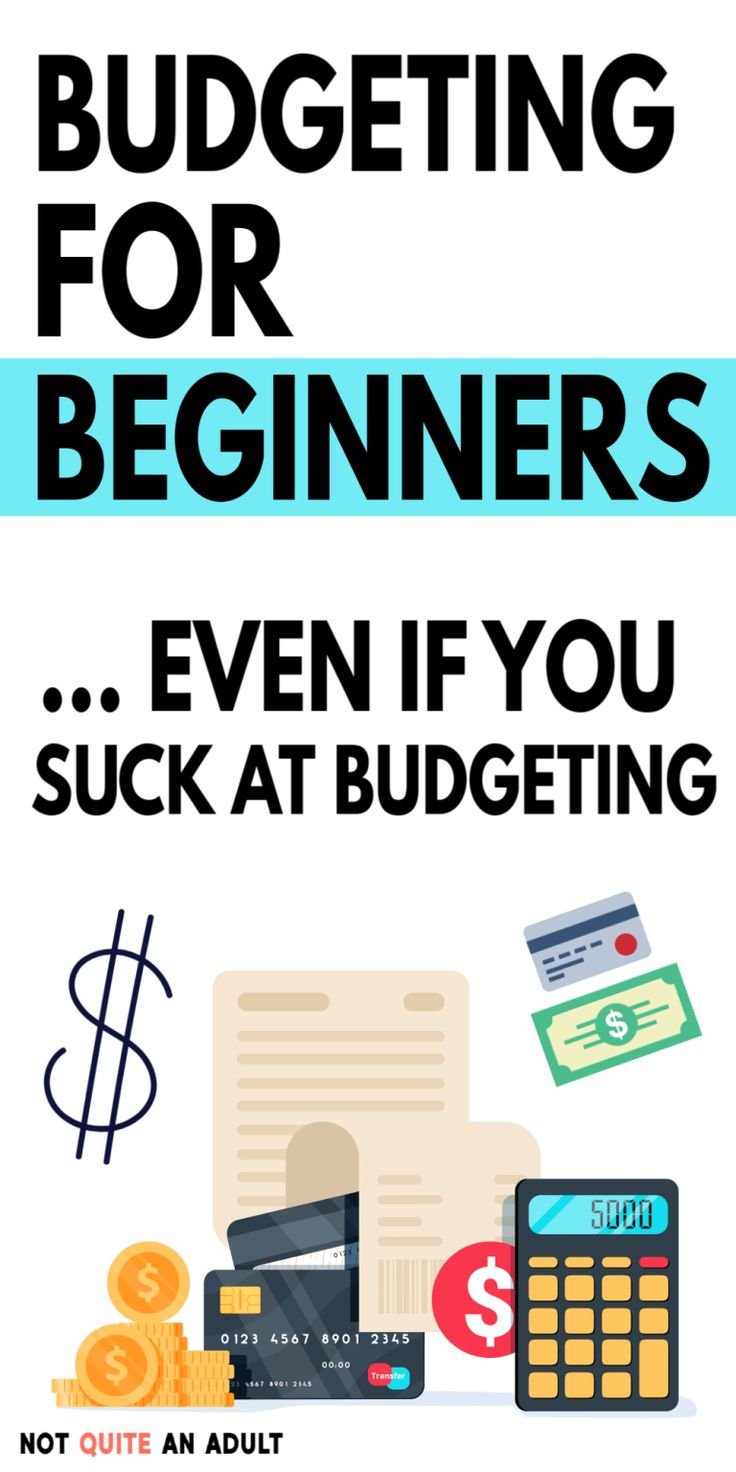Budgeting For Beginners: Simple Strategies To Save More And Spend Smart

Executive Summary

Budgeting is a crucial skill that can help you manage your finances effectively, achieve your financial goals, and avoid debt. This guide provides a comprehensive overview of simple budgeting strategies for beginners, including tips on setting financial goals, tracking expenses, creating a budget, and sticking to it.

Introduction
Are you tired of living paycheck to paycheck? Do you want to take control of your finances and start saving more money? If so, then budgeting is the key. Budgeting is simply the process of planning how you’re going to spend your money. It’s not about deprivation or sacrifice; it’s about making smart choices so that you can reach your financial goals.
FAQ
1. Why should I budget?
There are many benefits to budgeting, including:
- It helps you track your expenses. Once you know where your money is going, you can start to make changes to save more.
- It helps you set financial goals. Budgeting can help you identify your financial goals and create a plan to achieve them.
- It keeps you out of debt. Budgeting can help you avoid debt by ensuring that you’re not spending more money than you earn.
- It gives you peace of mind. Knowing that you have a plan for your finances can give you peace of mind and reduce stress.
2. How do I get started with budgeting?
The first step to budgeting is to set financial goals. Once you know what you’re saving for, you can start to create a budget that will help you reach your goals. There are many different budgeting methods, so find one that works for you.
3. How can I stick to my budget?
Sticking to your budget can be challenging, but there are a few things you can do to make it easier:
- Make your budget realistic. If your budget is too strict, you’re more likely to give up. Start with a budget that you can stick to, and then gradually make adjustments as needed.
- Track your expenses regularly. This will help you stay on track and make sure that you’re not overspending.
- Be flexible. Things don’t always go according to plan, so be prepared to adjust your budget as needed.
Top 5 Subtopics
1. Setting Financial Goals
- Define your short-term and long-term goals. What do you want to save for? A down payment on a house? A new car? Retirement?
- Prioritize your goals. Which goals are most important to you?
- Set realistic goals. Don’t try to save too much money too quickly. Start with a small goal and gradually increase it as you get more comfortable with budgeting.
- Write down your goals. This will help you stay focused and motivated.
2. Tracking Expenses
- Use a budgeting app or spreadsheet. This will help you keep track of your expenses and see where your money is going.
- Categorize your expenses. This will help you identify areas where you can save money.
- Review your expenses regularly. This will help you stay on track and make sure that you’re not overspending.
- Be honest with yourself. Don’t underestimate your expenses or try to hide them from yourself.
3. Creating a Budget
- Determine your income. This includes all of your income from wages, salaries, investments, and other sources.
- Subtract your fixed expenses. These are expenses that you have to pay every month, such as rent, mortgage, car payments, and insurance.
- Allocate funds for variable expenses. These are expenses that can vary from month to month, such as food, gas, and entertainment.
- Set aside money for savings and investments. This is important for reaching your financial goals.
4. Sticking to Your Budget
- Be realistic. Don’t try to cut back too much too quickly. Start with small changes and gradually make more adjustments as needed.
- Be flexible. Things don’t always go according to plan, so be prepared to adjust your budget as needed.
- Track your progress. This will help you stay motivated and make sure that you’re on track.
- Reward yourself. When you reach a financial goal, reward yourself for your hard work.
5. Common Budgeting Mistakes
- Not setting financial goals. This makes it difficult to create a budget that will help you reach your goals.
- Not tracking expenses. This makes it impossible to see where your money is going and make changes to save more.
- Creating an unrealistic budget. This makes it difficult to stick to your budget and can lead to discouragement.
- Not sticking to your budget. This is the biggest mistake you can make when it comes to budgeting. If you don’t stick to your budget, you won’t reach your financial goals.
Conclusion
Budgeting is a simple but powerful tool that can help you manage your finances effectively, achieve your financial goals, and avoid debt. By following the tips in this guide, you can create a budget that works for you and helps you take control of your finances.
Keyword Tags
- Budgeting for beginners
- Simple budgeting strategies
- Save money
- Spend smart
- Financial goals
